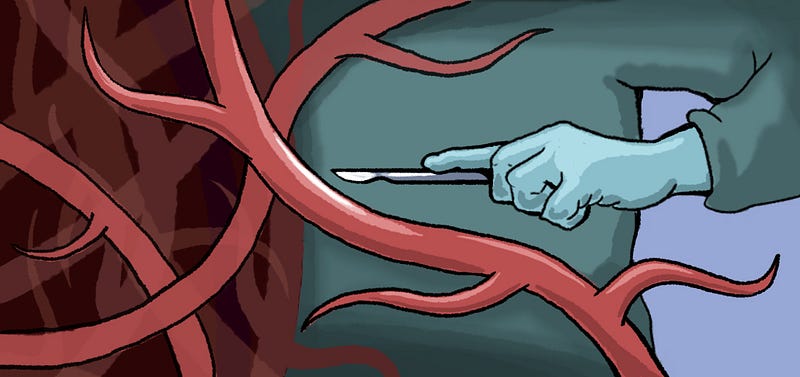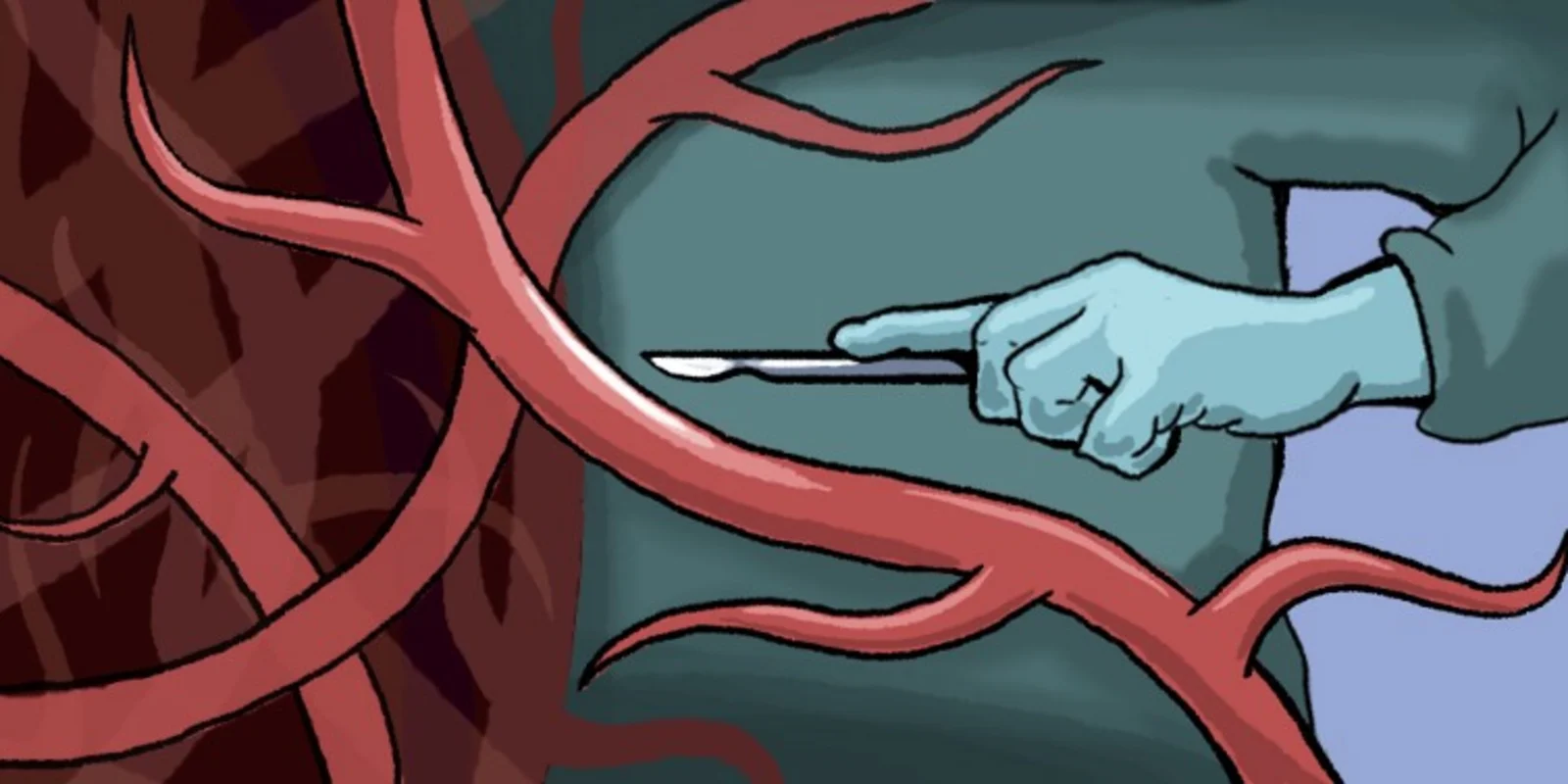
Wouldn’t it be ideal if all surgeons could be equally competent at all types of operations in all body regions? We could have one board to certify all surgeons, which would certainly save money and be more efficient. Any boarded surgeon would be able to provide all surgical procedures in any part of the country, which would improve our nation’s access to subspecialty care. Sounds good, right?
It does, but in reality, this is neither reasonable nor feasible. Neurosurgeons take six to seven years to train in brain and spine surgery. Orthopedic surgeons train as long to become the skeletal experts they are. Urologists also train many long years to become masters of the genitourinary system. Combine all of these training programs together to make the ultimate surgeon, and we’d have surgeons in their 50s or 60s before being able to start practice. Then, these surgeons would require adequate numbers of all cases to maintain proficiencies and maintenance of certification. That doesn’t sound good; it sounds absurd.
So goes my argument for having vascular surgery be an independent specialty. We have separate boards for neurosurgery, orthopedics, and urology because it’s clearly safer for patients and allows for more advancement in each specialty. At present, we vascular surgeons are considered a subspecialty of general surgery, though we do have a “primary certificate,” which allows for the independent attainment of vascular surgery board certification. So why don’t we just have a separate board? This question came up many years ago and caused a civil war in the world of vascular surgery.
A strong case for the independence of vascular surgery was put forth by Dr. Frank Veith, et al. over a decade ago. The goal then was to form the American Board of Vascular Surgery (ABVS), independent from the American Board of Surgery. At that time there was already much progress in vascular surgery, including an official Certificate of Added Qualifications for Vascular Surgery by the American Board of Surgery. Also, there were existing accredited training programs for vascular surgery in the form of fellowships. To make a long story short, this motion was defeated after a bitter feud within the leadership of vascular surgery societies. The motion was defeated despite the endovascular revolution and the clear differentiation of vascular surgeons from their general surgery colleagues. Even more remarkable, the motion was defeated despite a 1997 survey showing that 91% of boarded vascular surgeons favored the formation of the ABVS.
So why does it matter? After all, patients are not routinely aware of the various boards and their purviews. Patients only want good outcomes from their operations. I would argue that it probably doesn’t matter much on the national level, although something could be said about representation of specialties for Medicare reimbursement rates. I would also argue, however, that the defeat of the ABVS in 2005 had significant effects at the hospital and practice level. Vascular surgeons face severe challenges today with representation in hospital administration, equitable allocation of hospital resources, work-life balance, competition from interventional cardiology and radiology, to mention just a few. Even having adequate public awareness for peripheral vascular disease and our specialty has been lacking. These adverse forces can collectively, negatively impact our patient outcomes.
I believe many challenges could have been averted with the formation of the ABVS, simply because our interests at the local level would have been addressed by an authoritative board of vascular surgeons answering only to the American Board of Medical Specialties (ABMS). It stands to reason that hospitals organize service lines in at least some accordance with the ABMS represented specialties. Our defeat in 2005 was really a blow to our representation in local hospitals and multispecialty groups. Hopefully we will rekindle this effort in the future for the sake of our specialty and the patients we serve.
Jeffrey H. Hsu, MD, is a vascular surgeon in Fontana, CA and a 2016–2017 Doximity Fellow.







